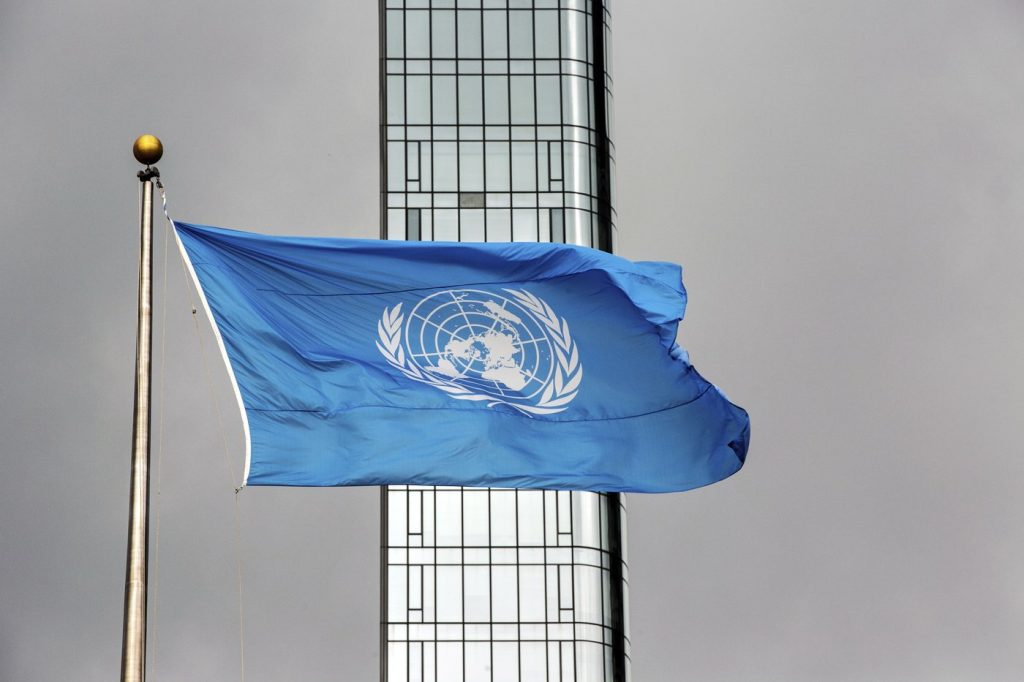UNITED NATIONS - Starting Monday, many nations will converge in Seville, Spain, for a high-level conference aimed at addressing the growing economic divide between rich and poor countries. The Financing for Development conference, co-hosted by the United Nations and Spain, seeks to secure the trillions of dollars necessary to bridge a staggering $4 trillion annual financing gap that hampers global development efforts.
The four-day meeting comes at a crucial time, as many nations are grappling with escalating debt burdens, decreasing international aid, and rising trade barriers. U.N. Deputy Secretary-General Amina Mohammed expressed optimism, noting that despite the "headwinds" and geopolitical tensions, there remains hope to tackle global challenges, including access to essential services like food, healthcare, education, and clean water.
Spain's U.N. Ambassador Hector Gomez Hernandez underscored the importance of the conference, describing it as an "appeal to action" to reinforce the commitment to multilateralism within the international community. High-level delegations, including over 70 world leaders and thousands of representatives from various sectors—including international financial institutions, development banks, philanthropic organizations, and civil society—are anticipated to participate.
Prior to the conference, a preparatory meeting on June 17 saw the United States reject a 38-page outcome document that had been negotiated for months, leading to its withdrawal from both the process and the Seville event. In the absence of U.S. participation, the remaining countries approved the document by consensus, which is now termed the Seville Commitment or Compromiso de Sevilla.
The Seville Commitment outlines ambitious reforms and actions designed to close the $4 trillion financing gap urgently. Key actions proposed include establishing a minimum tax revenue of 15% of a nation’s gross domestic product to enhance government resources, tripling the lending capacity of multilateral development banks, and incentivizing private investment in critical areas such as infrastructure. Additionally, the document advocates for reforms to help nations manage rising debt obligations.
U.N. trade chief Rebeca Grynspan highlighted that "development is going backward," emphasizing the urgency of addressing the worsening global debt crisis. Recent statistics reveal that last year, approximately 3.3 billion people lived in countries whose interest payments on debts exceeded their spending on health and education. This number is expected to rise to 3.4 billion this year, with developing nations projected to pay $947 billion in debt servicing compared to $847 billion the previous year.
At a press conference, an expert group on debt appointed by U.N. Secretary-General Antonio Guterres presented 11 recommendations aimed at resolving the ongoing debt crisis, empowering borrowing countries, and establishing a fairer financial system. While the U.S. objected to many proposals in the outcome document, American diplomat Jonathan Shrier reaffirmed the U.S. commitment to international cooperation and long-term economic development, although he noted that the text crossed several "red lines" concerning governance and roles in international financial institutions.
The United States, having previously been the world’s largest single funder of foreign aid, has experienced significant cutbacks under the previous administration, which criticized foreign assistance as wasteful. The U.S. Agency for International Development was notably scaled down.
U.N. Deputy Secretary-General Mohammed expressed disappointment over the U.S. withdrawal, stating that many recommendations cannot be fully pursued without ongoing engagement from the United States. Following the Seville conference, she hopes to re-engage with U.S. officials to highlight the critical need for U.S. participation in global efforts to alleviate poverty.











